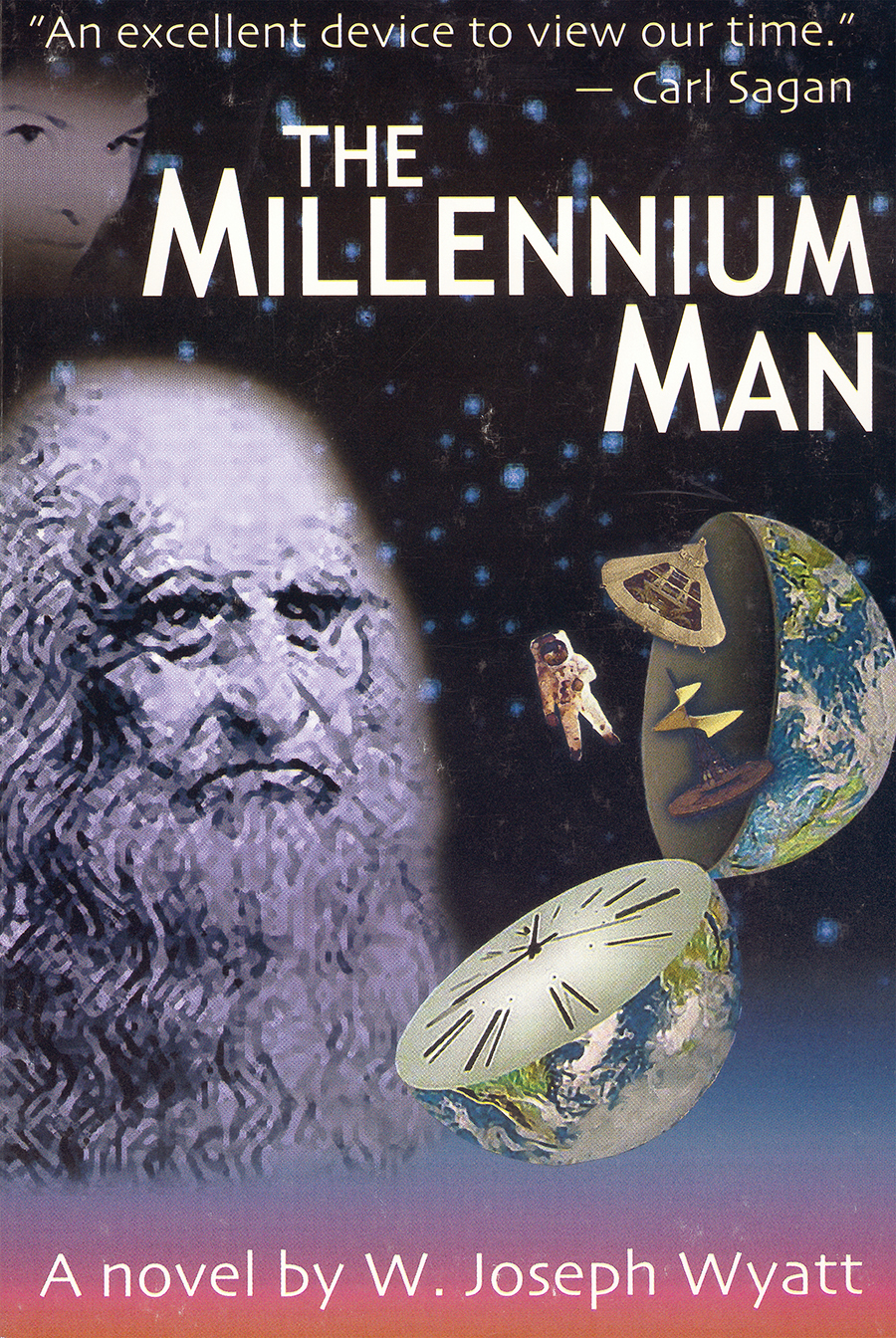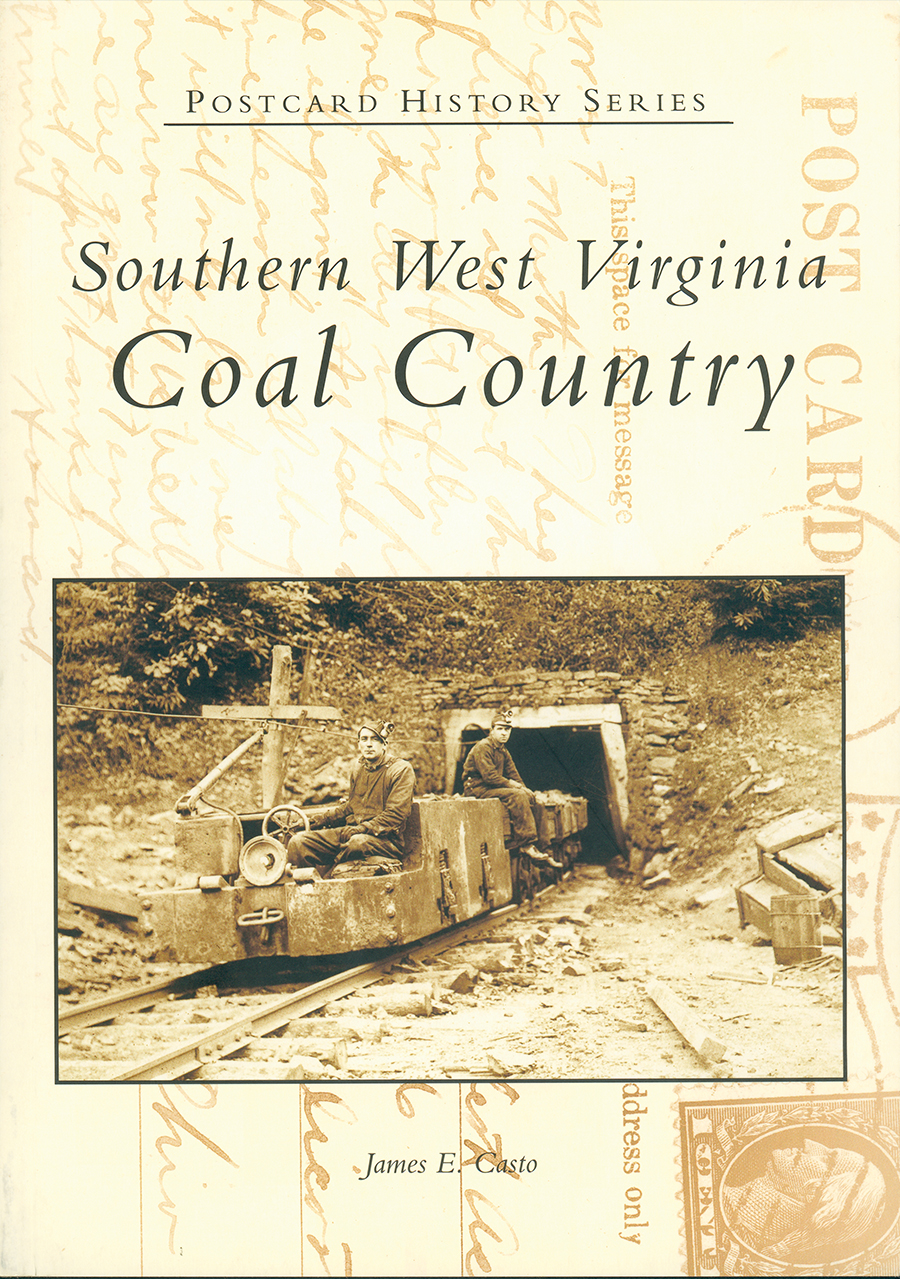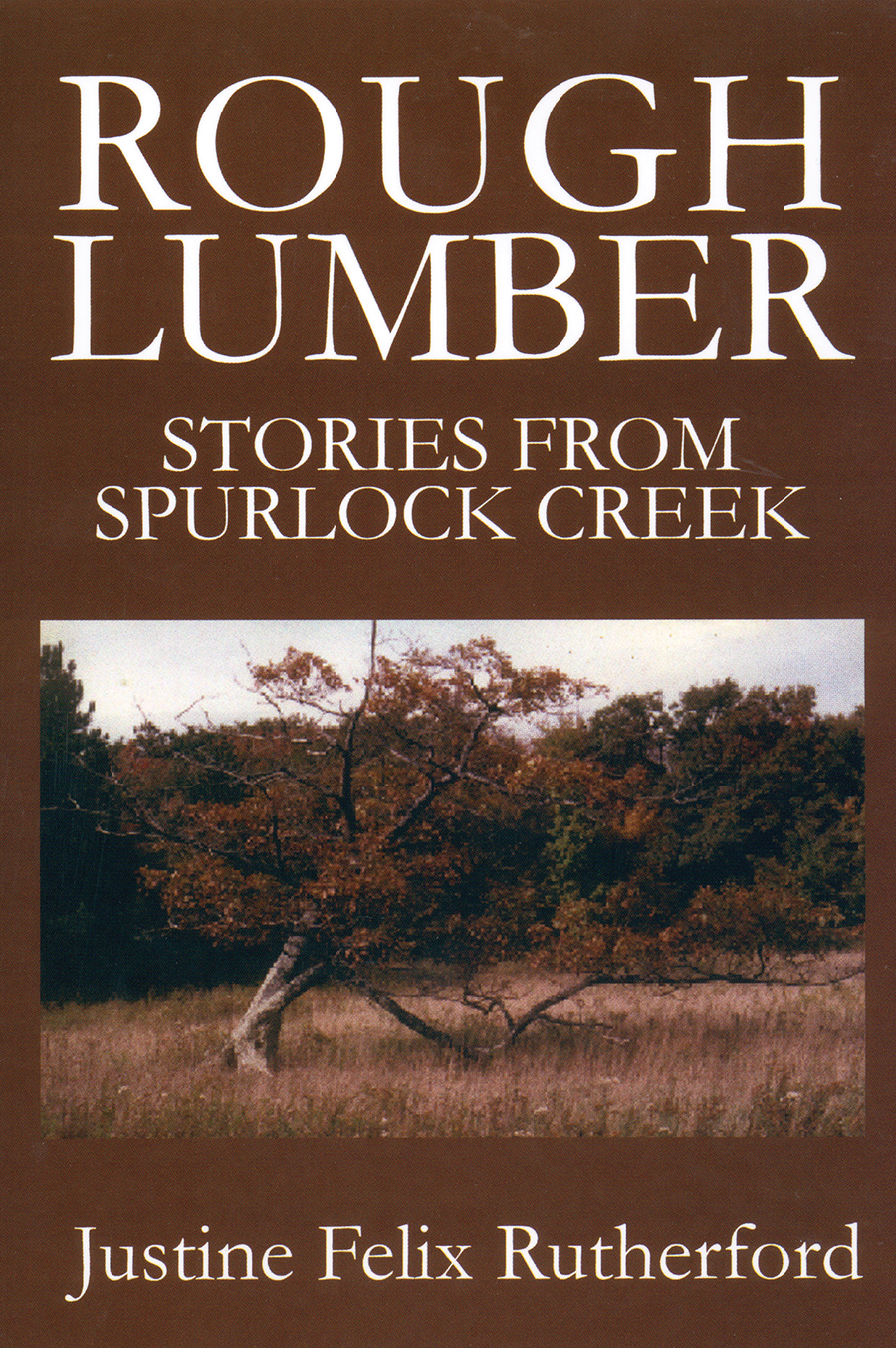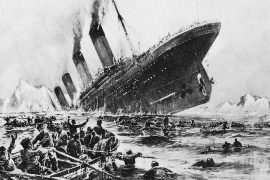In part one of a three-part series, HQ profiles six intriguing authors who all have ties to the Huntington region.
By Nicole Sheets
HQ 55 | SPRING 2005
If you’re thirsty for a summer read, we’re here to serve up some literary cocktails for you.
Our tasty list includes fiction and non-fiction alike. For some writers, the book profiled is their first, with the glowing promise of more to come. For others, their newest publications complement a notable body of work. With opportunities for self-publishing opening new avenues for storytellers, we’ve included two highly-successful self-published works. The only common denominator to these widely varied offerings is that the authors all have roots planted deep in the Huntington area.
With that said, let’s get on with our list, offered neither as a comprehensive survey, nor review or ranking, but rather as a sampling of recent literary achievements.
“The Millennium Man” by Dr. Joseph Wyatt

What would Leonardo do? In Dan Brown’s “The DaVinci Code,” Leonardo DaVinci’s legacy frames a contemporary drama. But in Joe Wyatt’s novel “The Millennium Man,” the Renaissance master himself tours the 21st century. “How he travels through time and finds his way to West Virginia is an additional part of the story,” noted Wyatt, a longtime resident of Hurricane. In the book, DaVinci actually is taken in by a family from Teays Valley and his witness to the modern advances of the 20th Century are the heart and soul of this intriguing story. At the same time, he is shocked at society’s embrace of The Psychic Hotline and other pre-scientific ideas about human behavior.
For Dr. Wyatt, professor of psychology at Marshall University and author of “B.F. Skinner from A to Z,” human behavior is a familiar subject. Wyatt noted that “Millennium Man” has been adopted by university and high school teachers.
Does Leonardo have a plan for the future? Wyatt affirmed, “Yes, he does.”
For a copy of “The Millennium Man,” send check or money order for $12 ($10 for book; $2 shipping) to Third Millennium Press, P.O. Box 844, Hurricane, WV 25526.
For more information visit: www.josephwyatt.net.
“Wine Country USA” by Matthew DeBord

Noted wine critic Matthew DeBord’s latest book extols the “bottled poetry” of wine with a focus on the American regional winemaking scene.
DeBord says that as he compiled his book “what was surprising was how much more sophisticated and professional the U.S. regional wine scene had become in a decade.”
An attractive volume generously illustrated with photographs, “Wine Country USA: Touring, Tasting and Buying at America’s Regional Wineries,” also takes up many practical concerns, such as recommended wineries listed by region, when to go, how much to spend and how to get there.
DeBord’s first wine book, “The New York Book of Wine,” was published by Rizzoli/Universe in 2004. On staff at Wine Spectator for three years, he’s also written for Food + Wine, The Nation, Salon.com, The New Yorker and other publications. His wine column is a regular feature of Huntington Quarterly.
A Huntington native now living in Los Angeles, DeBord suggests that Huntingtonians should “sample wines from the Ohio Valley, from Virginia and from Maryland. That’s Huntington’s back yard. It makes better historical sense than drinking wines from California, Australia or Europe. Drink what’s made where you live – that’s my motto.”
“Wine Country USA” is available at Empire Books, www.amazon.com and www.barnesandnoble.com.
“Southern West Virginia: Coal Country” by James E. Casto

“We forget today how prevalent the penny postcard once was,” Huntington native James E. Casto says. “Once, not so very long ago, postcards were an extraordinarily popular way for people to send off a quick note.”
Casto’s newest book, “Southern West Virginia: Coal Country,” reproduces more than 200 vintage postcards, including street scenes, schools, churches and other landmarks from throughout Southern West Virginia, all drawn from Casto’s own card collection. Informative captions tell the story behind each card.
A few minutes spent with “Southern West Virginia” may alter your definition of “coal country.”
“Many people tend to think of the coal fields as a place totally removed from Huntington and Charleston,” Casto says. “I think this book may give them a better appreciation of how coal tied this whole region together and how Huntington served as a gateway to and from the coal fields.”
Casto retired from The Herald-Dispatch last year after more than 40 years as a reporter and editor. An acknowledged expert on local history, Casto has published a number of books and, clad in period costume, makes frequent local appearances as rail tycoon Collis P. Huntington.
“Southern West Virginia” is available at a number of local retailers including Borders and Empire Books. It also can be purchased online at www.amazon.com or directly from the publisher at Arcadia Publishing ($19.95 plus postage) at www.arcadiapublishing.com. For more information, go to www.jimcasto.com.
“Rough Lumber: Stories From Spurlock Creek” by Justine Rutherford

Dr. Patrick Grace, executive director of Publishers Place, proudly reports that Justine Rutherford’s “Rough Lumber” recently outsold novelist John Grisham at one local bookstore.
“It has moved really well,” says Rutherford, a student of Grace’s “Life Writing Tutorial,” of her autobiographical effort, billed as “a story of growing up in Appalachia during the Depression.”
The introduction lays out the birth of the book. When her grandson Matt asked, “Grandma, do black snakes really eat hen eggs?” Rutherford realized “There is no way they will ever know what is was like for me growing up on a farm in West Virginia.”
No way that is, unless she put it all down on paper for her grandson and others to read. Rutherford grew up on a farm on Spurlock Creek. After a “marvelous childhood,” she graduated from Milton High School, attended Marshall University and became a nurse in 1962. She retired from St. Mary’s Hospital in 1986 and in the 1990s had a booth at the Milton Flea Market.
Now at work on a second book, Rutherford says she hopes her book inspires others to record their own stories. “If we don’t tell our stories, when we die our stories go with us.”
“Rough Lumber” is available at Borders, Tamarack, www.amazon.com and www.iUniverse.com.
“Surviving the Hungry Years: Story of a West End Champion” by Jimmy Lane

“It was easy to learn the streets if you knew your Presidents,” says Jimmy Lane about growing up in Huntington’s West End.
“One good punch to the body is worth two to the head,” Lane says by way of boxing advice.
Growing up in West Huntington and plying his trade in the ring are the twin topics of boxing champ Lane’s “Surviving the Hungry Years: Story of a West End Champion.” He handles both topics with wit and insight. His book is, among other things, a tribute to his parents.
The opening pages feature descriptions of “soul food” in the hungry years – wild greens, corn bread, fried pumpkin blooms (blooms recipe included).
Lane’s boxing career spanned 16 years, from 1951 to 1967. As an amateur, he won five Huntington regional Golden Gloves championships, one Dayton regional title and three New York (Eastern) titles. He had an amateur record of 93 wins and seven losses and was 43-7 as a pro. He also was crowned lightweight champion of the U.S. Army in Europe.
“I didn’t like to get hit,” Lane says, with characteristic understatement.
“It has a lot of hard times in it,” Lane says of the book, “but we come out of it. If it weren’t for boxing, I might have got in trouble.”
Lane’s book is available at Empire Books, Tamarack and www.amazon.com.
“Father’s Troubles” by Carter Taylor Seaton

Carter Taylor Seaton says that in this, her debut novel, “The bare bones of the story are true – the flesh is fiction.”
The “bare bones” include a grandfather who died in prison and left behind a wife faced with raising seven children in the midst of the Great Depression.
“It was a gnawing question in my mind in terms of what the true story of my grandfather was,” Seaton says.
Seaton gleaned the facts of her grandfather’s embezzlement case from Huntington newspapers and the West Virginia State Archives in Charleston and then used the tools – and freedom – of fiction to fill in the missing details. An accomplished sculptor and potter, she was also mindful of the visual element of storytelling.
“Huntington is so historical in terms of its geography and architecture that it provided a highly effective backdrop for my characters,” she says.
A Huntington native, Seaton is marketing director of Goodwill Industries.
“Father’s Troubles” has earned both critical acclaim and enthusiastic reader reviews. It was named a finalist for the prestigious ForeWord Magazine 2003 Book of the Year award in the category of Historical Fiction.
One word of caution: As one online reviewer advised, readers of “Father’s Troubles” may want to have a box of tissues handy. It’s that kind of story.
The book is available from Empire Books, Borders, Stadium Bookstore and www.amazon.com.
For more information, visit www.carterseaton.com
So that’s the list for this issue, but our task of spotlighting noteworthy local writers is far from complete. For the next issue we’ll serve up another appealing mix. In the meantime, enjoy these satisfying summer reads.





